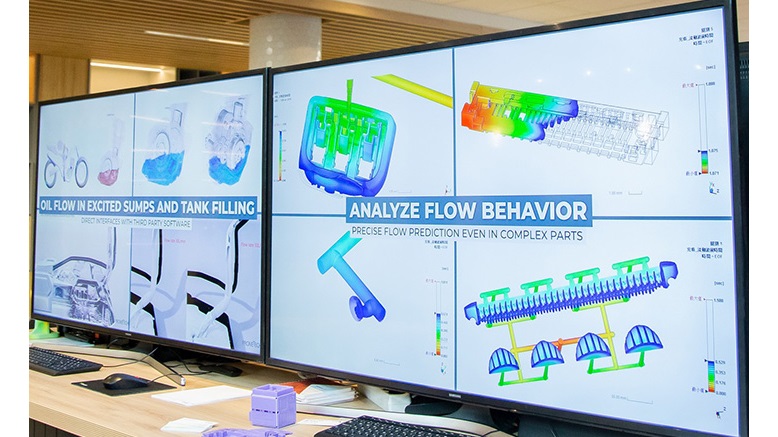The National Research, Development and Innovation Office (Nemzeti Kutatási, Fejlesztési és Innovációs Hivatal, NKIFH) of Hungary was founded in 2015 to help Hungarian companies with innovation and branching outside of the Hungarian market. The Budapest Business Journal has recently sat down with the two vice presidents of the organization: Zsuzsa Szabados, in charge of innovation; and László Lengyel, in charge of scientific innovation and international relations. This is a review of the profile piece.
According to Szabados and Lengyel, NKIFH’s mission relies on three pillars: supporting Hungarian companies’ advancement on domestic and international markets, supporting researchers in their work, and taking successful initiatives to the international market.
The Hungarian government has been talking a lot about raising the economic competitiveness of the European Union as one of the main goals of Hungary’s agenda as the president of the Council of the European Union. As it turns out, national competitiveness is also one of the government’s top priorities, and NKIFH plays a major role in the attempt to increase that.
‘As a driving principle, the NKFIH operates on the notion that innovation and R&D [research and development] will have to play a far more significant role in the country’s overall economic competitiveness, including international trade. Szabados points out that the small size of the Hungarian economy necessitates going global, which in turn often requires cooperating with companies and researchers from other countries to achieve success,’ the Budapest Business Journal writes.
The authors also highlight that the National Research, Development and Innovation Office focuses on supporting innovations that either increase the chance of a company competing on the international market; or ‘projects with high societal value’, such as innovations in healthcare technology and the green energy field.
‘NKFIH operates on the notion that innovation and R&D will have to play a far more significant role in the country’s overall economic competitiveness’
To achieve these goals, NKIFH also collaborates with so-called ‘follow-up experts’, and also connects the applicants of their programmes with mentors with great experience in their respective fields. In these efforts, they are also working closely with universities.
‘The goal is to create and strengthen an ecosystem that includes not only universities but also a range of other key institutions. These include professional organizations that can provide industry expertise, nonprofit knowledge-transfer companies that facilitate the spread of innovative ideas, and financing institutions such as venture capital (VC) firms, which play a crucial role in funding and supporting the marketization of promising concepts or products,’ NKIFH Vice President Lengyel told the BBJ reporters.
Marton Magyar on X (formerly Twitter): “https://t.co/nUVUDbtHYP / X”
Helping Hungary’s Best Innovators Become Even Better – Budapest Business Journal
There is no shortage of innovation in Hungary, with plenty of ongoing research and development, but even the best and most groundbreaking initiatives can use a helping hand. This is the challenging goal the National Research, Development and Innovation Office (NKFIH) is tasked with.
Some of the organizations NKIFH closely works with include the Semmelweis University, a world-famous Budapest-based medical school; Econ Engineering Ltd, an engineering office specializing in aviation simulation technologies based in Budapest; 77 Elektronika Ltd, a company producing proprietary medical devices also based in Budapest; and Horváth Fólia Packing Technology, a packaging company based in the western Hungarian city of Sopron.
NKIFH’s annual budget for 2024 is 176 billion HUF ($480 million), according to the Budapest Business Journal. The grant any individual company can receive from them is capped at 800 million HUF ($2.17 million).
‘This aims to incentivize companies to start the application process only once they have thoroughly mapped out what they want to achieve and how they plan to go about it. The NKFIH notes that it not only makes demands from its client businesses, but also provides advisory assistance, for instance, through reviewing projects every six months,’ the profile piece by BBJ concludes.
Related articles:






